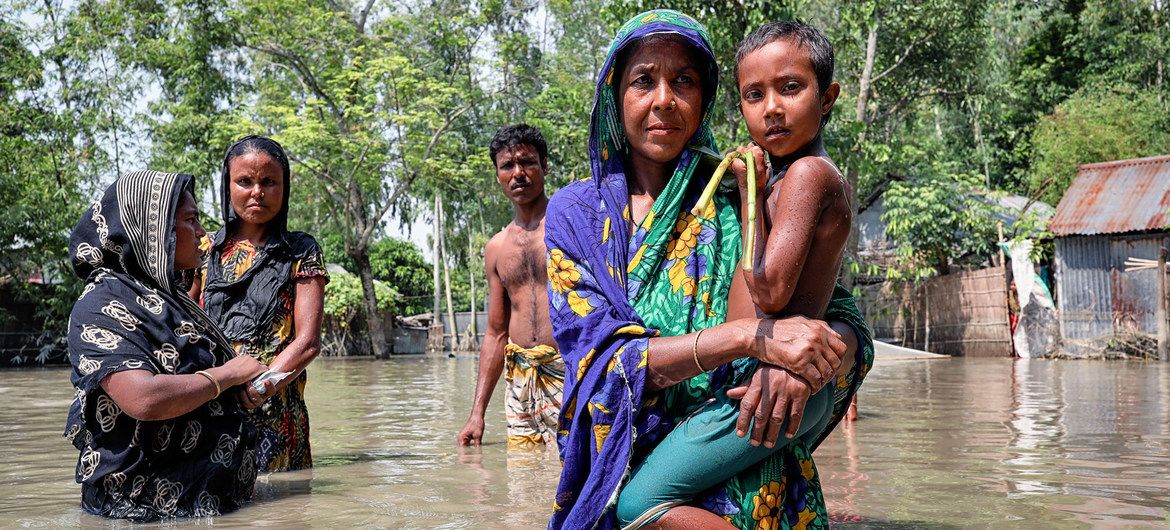A recent study published in the journal Thorax highlights the crucial role of physical activity and body mass index (BMI) in promoting lung function growth during childhood. Led by researchers from the Barcelona Institute for Global Health (ISGlobal), the study sheds light on strategies to combat lung function deficits and reduce the risk of chronic respiratory diseases later in life.
Addressing Childhood Lung Function Decline: Childhood is a critical period for lung development, yet lung function growth often declines due to factors such as allergic conditions. This decline poses a significant risk for chronic respiratory diseases in adulthood. However, the study’s findings offer hope, suggesting that increased physical activity and higher BMI can counteract these deficits and promote healthy lung function growth.
Key Findings: The study analyzed data from 1,151 children and adolescents aged 4-18 years, assessing lung function through spirometry—a technique that measures the amount of exhaled air. Researchers found that higher levels of physical activity during early childhood (ages 4-7) and a higher BMI at age 4 were associated with increased lung function growth.
Insights for Prevention and Intervention: Sarah Koch, a researcher at ISGlobal, underscores the importance of understanding the determinants that influence lung function growth during childhood and adolescence. By identifying these factors, healthcare professionals and policymakers can implement targeted interventions to prevent respiratory diseases later in life.
Promoting Healthy Lifestyles: Koch emphasizes the need for both clinical management and public health policies to support and promote healthy lifestyle habits in children. Encouraging a balanced diet and regular physical activity, particularly among children with low baseline lung function or early-life allergies, can help overcome growth limitations and improve respiratory health in childhood and adulthood.
Looking Ahead: As the global community strives to enhance respiratory health outcomes, the insights gleaned from this study offer valuable guidance for preventive measures and intervention strategies. By prioritizing physical activity and healthy weight management in childhood, healthcare professionals can empower the next generation to achieve optimal lung function and lead healthier lives.
The study underscores the importance of early-life interventions in shaping long-term respiratory health outcomes, highlighting the potential for lifestyle modifications to mitigate lung function deficits and reduce the burden of respiratory diseases in adulthood.











